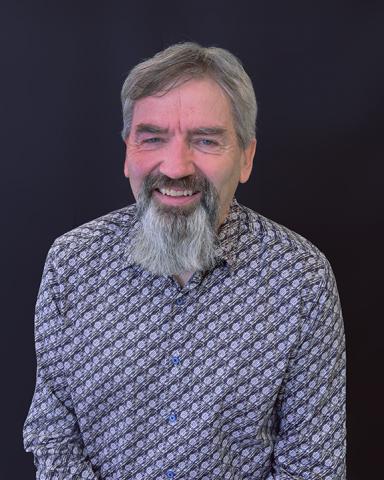A prairie boy, I first completed a theology degree and then majored in English and History at the University of Waterloo before going on to doctoral work at the University of Oxford. After almost a decade at Trinity Western University, I am now in my second at St Jerome’s University, where I enjoy teaching undergraduate courses ranging from introductions to literature and literary theory and the survey of British literature to upper-level courses on pre-modern rhetoric, Chaucer, and medieval literature.
I work at the intersections of literature, art, and intellectual history. The title of my most recent book, Rationality Is … The Essence of Literary Theory (May 2022), invites two different interpretations. For many, the essence of literary theory is the unmasking and redescription of rationality in other terms. Put ironically, rationality is male; rationality is white; rationality is repression…. The book’s title can also be read in a second way. On this reading, rationality itself is the essence of literary theory and central to literature, art, and society. Certain conceptions of what it entails can be problematic – the critique in the first way of reading the title remains relevant. Yet one can affirm rationality as integral to human flourishing, including the processes of creating, analyzing, and enjoying literature, art, and culture.
My second book about Chaucer’s poetry, The Fellowship of the Beatific Vision (2016), concerns a basic human question, How do we overcome tyranny? The symbolic pilgrim fellowship in The Canterbury Tales embodies the answer. Chaucer aligns himself with that other great poet-theologian of the Middle Ages, Dante, as a Christian humanist. He recognizes in art a fragile opportunity: not to reduce reality to a set of dogmatic propositions, but instead to participate in an ever-deepening mystery. Chaucer celebrates the way in which all human activity, even the most fraught of human interactions, ultimately bears witness to a created reality that resonates with a Word from God.
My early work, including Chaucer on Love, Knowledge, and Sight (1995) and articles on French and other medieval literature, explored relational aspects of knowing in terms of the motif of sight. I have been interested in the ways in which Chaucer in particular complicates our understanding of knowledge, love, and belief. This interest developed into an exploration of the situatedness and self-knowledge involved in all attempts to make sense of things, not least those flying under the banner of humanism. I articulated some of these ideas in an introductory way in a co-authored book, The Passionate Intellect (2006). I have also written on literature and poetry for the Zondervan Dictionary of Christian Spirituality and, more recently, for The Chaucer Encyclopedia.
I am currently working on three projects. For the Peter Martyr (English) Library project, published by Brill, I am translating Peter Martyr Vermigli’s sixteenth-century commentary on Romans. I am also drafting a second novel about the detective work of Francine Pettigrew, on leave from Paris’s Brigade criminelle and drawn into the emotional mystery of the discovery of the body of a young girl hidden between boats along Regent’s Canal in north London. My main project is a cultural history of love and reason and the tension between them. Literature, art, and philosophy wrestle with an ambivalent reception of Plato’s picture of reason as a charioteer controlling the horses of the passions and appetites, which are irrational, the Stoic conviction that the soul is entirely rational and all emotions derive from faulty judgements, and the Christian assimilation of reason to love.
I enjoy travel, creative writing, working around my house and garden, and keeping active. I live in Hamilton with my wife. We have three grown-up sons.

